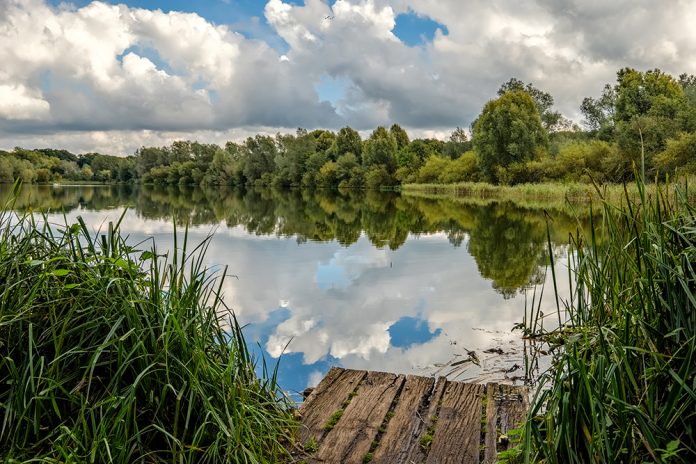Land managers and farmers across the East Anglia region have received £980,000 in funding to improve the landscape in the fight against climate change during the crop cycle 2021-2022.
Nestlé, Nestlé Purina Petcare, Nestlé Cereal Partners UK and Anglian Water have invested in a landscape initiative across the region, with the support of 3Keel, as part of a new trading community called Landscape Enterprise Network (LENs).
LENs is an independent mechanism through which businesses with a common interest in protecting the environment can work together.
The farmers are being funded to implement measures to take a regenerative approach to farming which will deliver many benefits including improving water quality and availability, prevent flooding and soil erosion, regenerate soils, reduce carbon emissions, capture carbon, enhance biodiversity.
This first project will impact 4,335 hectares of land in the East of England. The measures funded by the deal include:
cover crops – which protects water quality and means that soil is not left bare and vulnerable to erosion over winter
reduced cultivations – to help keep soils healthier and reduce losses of CO2 to the atmosphere
crops in rotation – to reduce pest pressure, improve soil structure and enable reduced dependency on synthetic fertilisers
hedge planting – to create a biodiversity habitat, capture carbon and bring a number of soil health benefits
These nature-based solutions are fundamental to regenerative farming. In other words, food and petfood can be produced with less impact on the environment, not only halting the decline in nature and climate change, but also regenerating the landscapes which we rely on for our food supply and as places to live in and enjoy.
Matt Ryan, Regeneration Lead at Nestlé UK and Ireland, said: “LENs connects different businesses to land managers, most often farmers, to deliver programmes which are often centred around water quality, flooding, management of carbon or biodiversity, or air quality.”
“It’s about looking at what businesses and the landscapes need to thrive, and about shared interests. Collaboration is at the heart of the LENs model. East Anglia is an important area for sourcing wheat for our cereal and petfood products which are manufactured at our Staverton and Sudbury factories.”
Chris Gerrard, Natural Catchment and Biodiversity Manager for Anglian Water, said: “The LENs project allows us to work in collaboration with landowners and other sectors to protect the environment and improve water quality. It is essential to work together to solve big challenges like this for the future.
“The LENs programme compliments and embeds itself into Anglian Water’s purpose to protect the environment and our Water Industry National Environment Programme (WINEP). Our WINEP totals more than £800 million of work which is specifically targeted at protecting the environment and improving river water quality, it is the largest WINEP plan of any water company, with double the number of commitments made and delivered in the previous five-year period.”
Tom Curtis, Founding Partner of 3Keel, said: “A critical success factor of LENs is that it’s business-like. The trades we set up deliver tangible value; protecting assets, workforce, and supply chains, and they represent a profit-making opportunity for farmers. Equally critical is that LENs is local. Collaborations, land management solutions, and trades are all organised within the regional economy.
“We have already increased the number of funders from three to six in the last few months and are seeing a rise in the number of proposals from farmers requesting funding. I am looking forward to seeing LENs in action by achieving the outcomes that make sense to the communities and ecosystems we operate in.”
For more information about LENs, visit Landscape Enterprise Networks – A 3Keel initiative to support resilient landscapes.





